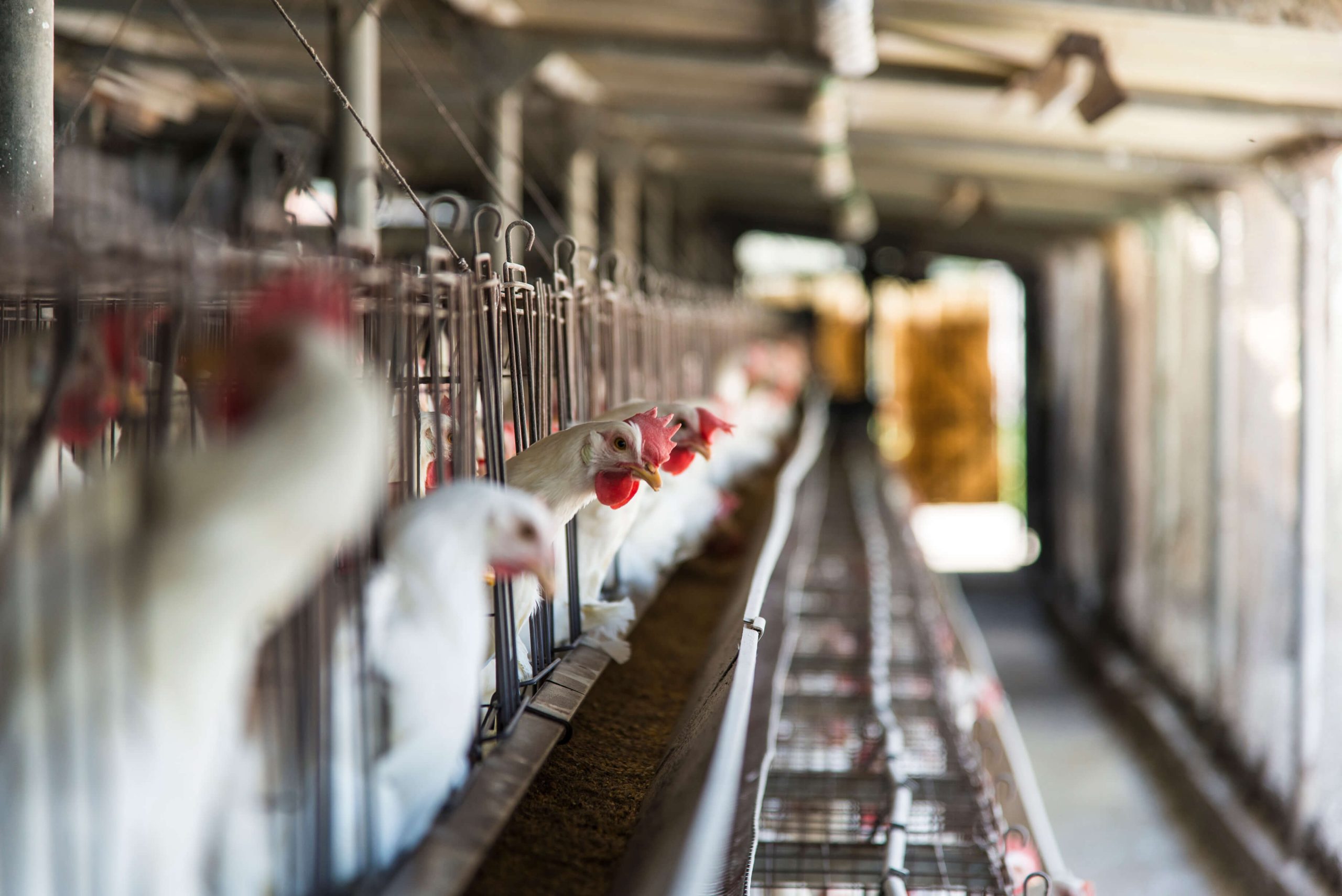Fast Food – Life Changing Consequences
By the time it comes to the weekend after a busy week, the last thing we want to do is cook.
So, we reward ourselves to a cheeky Chinese or chippy.
A takeaway is fine as an occasional treat but as those treats add up so does their impact on our health, animals, and the environment.
According to OneGreenPlanet, studies show that eating fast food is directly linked to depression. Affecting an estimated 121 million people worldwide and 51% are more likely to develop depression or another form of mental illness. It’s terrifying that those few moments of temporary pleasure can have such a profound effect on our health.
There are also the physical effects of eating fast food and that includes obesity. Some fast foods are high in calories, saturated fat and salt and are low in fibre, fruit and vegetables – which is a recipe for disaster as we continue to battle high levels of obesity in adults and children.

Factory Farming
It makes for cruel and hard reading, the terrible conditions that the animals must endure whilst living on factory farms. Poor animals are packed into such cramped spaces that they can’t turn around or lie down comfortably. Antibiotics are given so they grow faster and keep them alive and most factory-farmed animals have been genetically manipulated to grow larger and produce more.
The environment
When you buy your fast food, think about how much packaging it contains. The bag it came in, the boxes and the bags, the straw and the straw wrappers, there’s a lot, right? And if your packaging contains Styrofoam, that takes 900 years to breakdown in landfill. Now, that is a pub quiz question!
The distribution of fast food and ready-prepared meals are also contributing to environmental damage, with emissions and congestion. Reports suggest that ordering online and having your groceries delivered can reduce carbon emissions. But how about leaving the car and getting some exercise and shopping locally?
Tucking into your burger has a significant impact on your carbon footprint, due to the amount of resources used to create it. From growing the wheat to make the burger baps, the maintenance of the cattle before they are slaughtered. This whole process can convert to CO2 emissions of between 1-3.5kg and that’s not factoring in the methane produced by the cows themselves!
In 2021, Ceres reported that five fast food companies will have set up or already up set science based targets to reduce their emissions including McDonald’s, Yum! Brands, Chipotle, Dominos and Wendy’s. The company were asked to de-risk their meat and dairy chain by setting targets to reduce their greenhouse gas emissions, to undertake climate risk scenario analysis and reduce the water usage and water quality impacts in their animal protein value chains. McDonald’s, Dominos and Burger King have also added plant-based options to their menus and Burger King has announced its ambition to have a 50% plant based menu by 2030.

How can we help?
Step away from the takeaway and buy fresh local food.
It’s no mystery that fresh food is healthier for you and the environment. Processed food takes more energy, resources and miles to produce so that’s why shopping locally makes more sense as there’s less in the production and the emissions. If possible and within your budget, buy from local butchers. There’s less chance that the animals will be factory farmed and will live in better conditions.
Buy organic food
Organic farming has a smaller carbon footprint and doesn’t contain the use of chemical fertilisers, pesticides and other inorganic materials so it’s less harmful to the environment.
Stick with seasonal foods
Food that is out of season is most likely to be imported which will add to emissions, so stick to local, seasonal stock.
Be more of a herbivore
A significant way to help reduce greenhouse gas emissions is to cut back on meat and have more of a plant based diet. Meat production has a much larger footprint than vegetables and contains more virtual water. Virtual water is also known as embodied water and is the water needed to produce food and other goods.
Grow your own food
Take advantage of whatever space you have and use it to grow your own food. There’s plenty of research available online to help you start up and become more sustainable.
Avoid Food Waste
Buy what you need to avoid food waste and reduce your carbon footprint.
Where to shop locally?
There is a fantastic range of shops out there that stock local, fresh products. Check out Lidl, Silverhill Duck, Warwick Butchers for top quality food that is produced right here on your doorstep.





